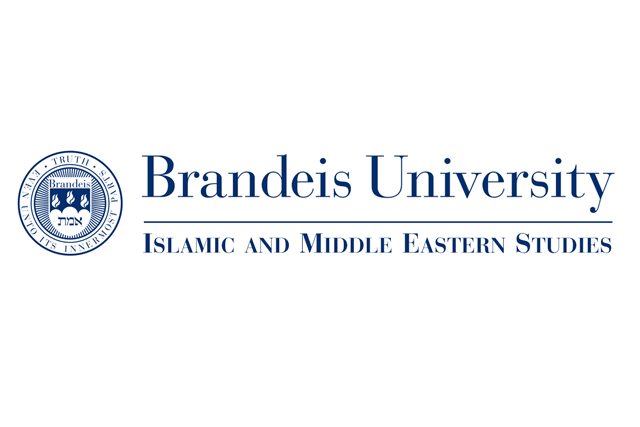Major in Islamic and Middle Eastern Studies
August 25, 2016 2023-08-20 12:52Major in Islamic and Middle Eastern Studies

Major in Islamic and Middle Eastern Studies
Brandeis University – 2016-17
Brandeis University is a private research university, as well as the only nonsectarian Jewish-sponsored college or university in USA- Boston, Ma.
 |
Objectives
The Islamic and Middle Eastern Studies (IMES) major is an interdisciplinary curriculum organized and taught by faculty in the Departments of Near Eastern and Judiac Studies (NEJS), Politics, History, Sociology, Anthropology, Economics, Fine Arts and African and Afro-American Studies. Designed to provide a strong foundation in Middle Eastern studies with a specialized knowledge of Islam, the program provides unique opportunities to examine current geopolitical events and develop a deep understanding of religion, culture, and society in the Arab World, Turkey, Iran, and Israel. With a solid training in language, history, political theory and praxis, and the ideals and practices of Islam, the major is especially appropriate for students wishing to pursue graduate work in the fields of Middle Eastern Studies and Islamic Studies, and provides a solid foundation for students who wish to pursue careers dealing directly or indirectly with the Middle East.
Learning goals for each student differ according to their aspirations and aptitudes. The Islamic and Middle Eastern Studies major offers a wide variety of courses covering multiple disciplines, from Religious Studies to Political Science. Each student should be able to focus upon those areas that best meet his or her particular interests, but also develop a broad training that touches upon other disciplines related to the field. To that end students should:
- Be able to frame questions, investigate problems and evaluate conclusions using one or more academic disciplines or approaches (e.g. historical analysis, political science, social scientific analysis, and critical theories in the study of religion).
- Be able to directly access the language(s) and culture(s) of the Middle East, in order to obtain a more objective understanding of issues pertaining to the fields of Middle Eastern Studies and Islamic Studies.
- Be familiar with and recognize scholarly conventions and debates concerning the Middle East and Islamic Studies.
- Be able to critically assess claims made by those in the field and in the mass media.
- Be able to appreciate diversity in and between the political, cultural, and religious traditions of the Middle East, and to contribute to a greater understanding in the service of a more just and peaceful society.
To achieve these skills, students should know,
- The general history of the Middle East from the rise of Islam until the contemporary period, with specialized knowledge of their particular area, or period, of interest.
- The contemporary political economics, and social institutions of the Middle East.
- The history of ideas in the Middle East and its relation to contemporary events.
Students who wish to major in Islamic and Middle Eastern Studies must take the core course in Islamic civilization (IMES 104a) and at least two full years of a Middle Eastern language. Students who are fluent in Arabic, Persian, or Turkish may be exempted from the language requirements for a major in IMES upon approval by the chair of IMES. In addition, with the goal of achieving a balanced understanding of the overall field of study, the student must take two courses in the classical period and two courses in the modern period, as well as three courses to be chosen from the wide intellectual variety of elective courses. Elective courses may include two upper level Arabic courses: ARBC 103a, 103b, 106a, and 106b. Study in the Middle East for a term or a year is encouraged. As a culmination of the student’s education, he or she is encouraged to write a senior honors thesis with emphasis on some aspects of Islamic or Middle Eastern studies. A member of the IMES faculty must supervise the honors thesis.
– Nader Habibi, Chair and Undergraduate Advising Head (Economics)
– Eva Bellin (Politics)
– Jonathan Decter (Near Eastern and Judaic Studies)
– Carl El-Tobgui (Arabic Language)
– David Ellenson (Near Eastern and Judaic Studies)
– Shai Feldman (Politics)
– Pascal Menoret (Near Eastern and Judaic Studies)
– Yehudah Mirsky (Near Eastern and Judaic Studies)
– Naghmeh Sohrabi (History)
– Ilan Troen (Near Eastern and Judaic Studies)
Source: Brandeis University








